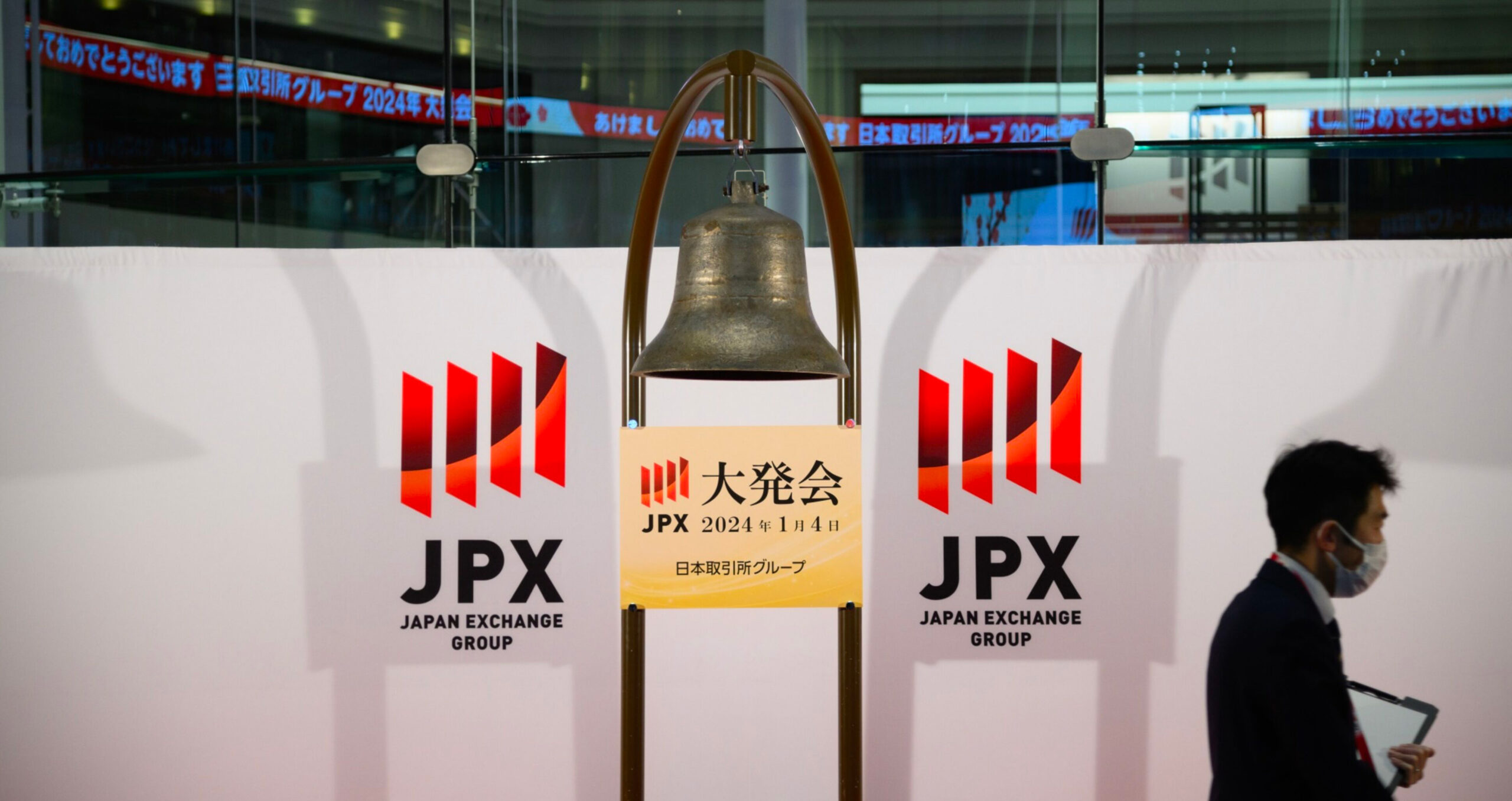
Why Japan’s ‘shaming’ reforms could spark investor activism and hostile takeovers

The Tokyo Stock Exchange has updated its governance rules, and hopes its monthly listing of compliant companies will persuade others to follow
Analysts at investment bank Jefferies have cautioned that corporate governance reforms enacted by the Tokyo Stock Exchange could result in increased investor activism and hostile takeovers.
In March 2023, the Tokyo Stock Exchange introduced corporate governance reforms that it aims to complete in 2025. It has asked companies listed on its prime and standard markets to take management decisions that consider their stock prices and costs of capital in order to boost company valuations, and to disclose these actions to investors.
These decisions could include a greater emphasis on female boardroom representation. According to a Jefferies note in January, the Board Director Training Institute of Japan has established a link between better corporate governance, including the number of female officers, and companies’ price-to-book ratio, which compares a company’s market value to its book value – the value of its assets minus its liabilities.
While the TSE has yet to impose any penalties or enforcement action on companies that have not complied with its request, on January 15, it published the first list of companies that have made disclosures, which it will publicly update the list every month.
Jefferies analysts described this “naming and shaming” approach as a “powerful driver” in Japan, suggesting that “there is potential upside for increased market valuations”. They added: “The disclosures have set in a motion a new managerial era of receptiveness. Moreover, with the reforms, expect increased presence of activists, buyouts, and even hostile takeovers.”
Closing the boardroom gender gap
Japan initiated its corporate governance reforms in the 2010s, motivated partly by then prime minister Shinzo Abe’s “Abenomics” agenda. The Corporate Governance Code was introduced in 2015, with revisions in 2018 and 2021 encouraging greater shareholder engagement – and leading to the number of companies receiving shareholder proposals rising from 24 in 2011 to 46 in 2021, according to Commercial Law Review.
Following the introduction of both codes, there was a surge in the number of independent directors at Japanese companies, while the number of shareholder proposals and female boardroom representation has climbed steadily.
In 2023, the Japanese government set a compulsory target for prime market company boardrooms to comprise at least 30 per cent women by 2030. In 2022, the proportion was 15.5 per cent, according to the OECD – though it has steadily risen from just 4.8 per cent in 2016.
Nomura Asset Management senior client portfolio manager Andrew McCagg told Sustainable Views: “Japan is a developed market with emerging market governance,” but added that the gap with Europe, and to a lesser extent the US, has narrowed over the last year and a half to two years.
The TSE’s demands are being increasingly accepted. Among prime-listed companies with fiscal years ending in March, 59 per cent (673) have disclosed, up from 31 per cent in July 2023.
However, different sectors have responded with varying levels of enthusiasm. Ninety-four per cent of listed banks have made the requested disclosures, while there has been less progress from the information and communication and the retail trade sectors, with an average disclosure rate of less than 50 per cent.
“Some of the companies will probably be embarrassed” by the reforms, said Schroders deputy head of Japanese equities Taku Arai, who acknowledged this approach represents a kind of shaming, or “peer pressure culture”.
“It’s the right approach that the TSE asks investors to engage with the company based on that list,” he told Sustainable Views. However, he doubted that the governance reforms would lead to more shareholder activism. “We have already seen a significant increase in activists targeting Japanese companies, [and] so I am not sure if we would see more to come.”
Nomura’s McCagg takes a different view. “Activism and M&A activity have already increased rapidly over recent years, and there should be a high correlation between the TSE reforms and a continuation of these trends going forward,” he said.
However, he added: “There are several other factors that have had, or are expected to have an impact as well.” Among these, he listed “regulatory pressure to get rid of parent-subsidiary dual listings”, which had “led to an uptick in takeover bids that continues to be a factor”. Likewise, “a shortage of labour is expected to accelerate industry consolidation in coming years”.
“The TSE reforms could make it easier for activists to further increase their presence in the market, but it would be helping continue the trend, not causing it,” he said.
Similar Articles

Farmland investment and ‘green grab’ threatens food security

In Brief: US EPA issues final methane emissions reporting rule; Australia publishes ‘Future gas strategy’


